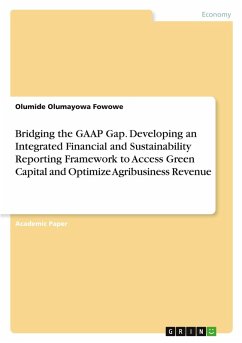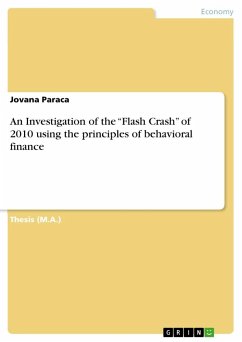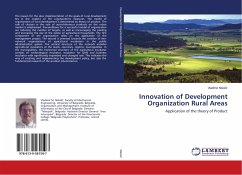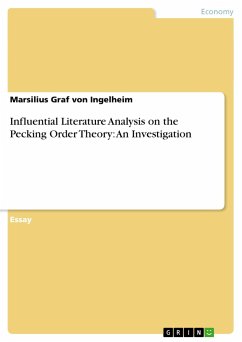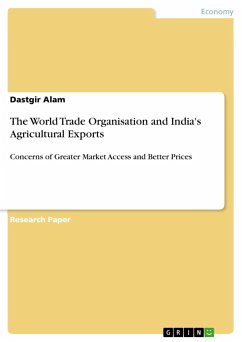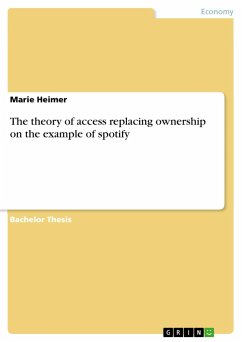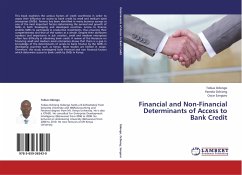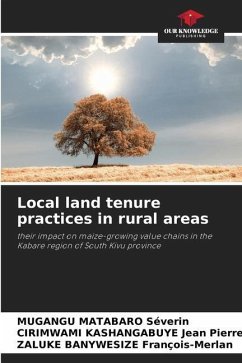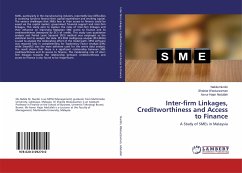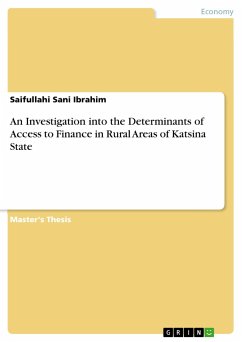
An Investigation into the Determinants of Access to Finance in Rural Areas of Katsina State
Versandkostenfrei!
Versandfertig in 1-2 Wochen
47,95 €
inkl. MwSt.

PAYBACK Punkte
0 °P sammeln!
Master's Thesis from the year 2011 in the subject Business economics - Investment and Finance, Usmanu Danfodiyo University, Sokoto (-), course: Economics, language: English, abstract: Access to finance is widely acknowledged as a catalyst for the reduction of poverty in rural areas. Along this line, this study investigates the determinants of access to finance in rural areas in Katsina state. A cross-sectional primary data was collected via questionnaire from a sample of 384 respondents. This study used probit modelling approach to analyse the factors that influence access to finance. The stud...
Master's Thesis from the year 2011 in the subject Business economics - Investment and Finance, Usmanu Danfodiyo University, Sokoto (-), course: Economics, language: English, abstract: Access to finance is widely acknowledged as a catalyst for the reduction of poverty in rural areas. Along this line, this study investigates the determinants of access to finance in rural areas in Katsina state. A cross-sectional primary data was collected via questionnaire from a sample of 384 respondents. This study used probit modelling approach to analyse the factors that influence access to finance. The study revealed that collateral, financial literacy and gender have significant positive influence on access to finance, while age has an insignificant positive influence on access to finance. In contrast, interest rate and transaction cost have significant negative influence on access to finance. Thus, the study concluded that with the prevailing banking arrangement where collaterals are required and banks charge interest and also some level of literacy is required, rural dwellers will continue to find it difficult in relating with conventional banks. Therefore, the study recommended that rural dwellers should organise themselves into Credit Cooperative Societies, which could be used as Informal Financial Unit for Linkage Banking arrangement. The government (at all level) can also use these associations to channel their agricultural credit. It is also recommended that legal framework, be provided, that will pave way for the establishment of full-pledged interest-free banks (Islamic Bank) or conversion of existing commercial banks in rural areas into interest-free banks, since most of the rural dwellers do not like taking usurious loans because of their religious inclination.



